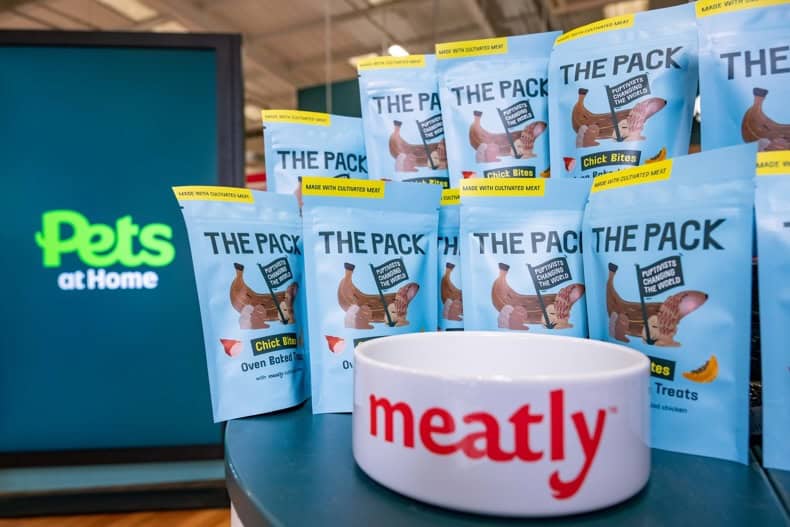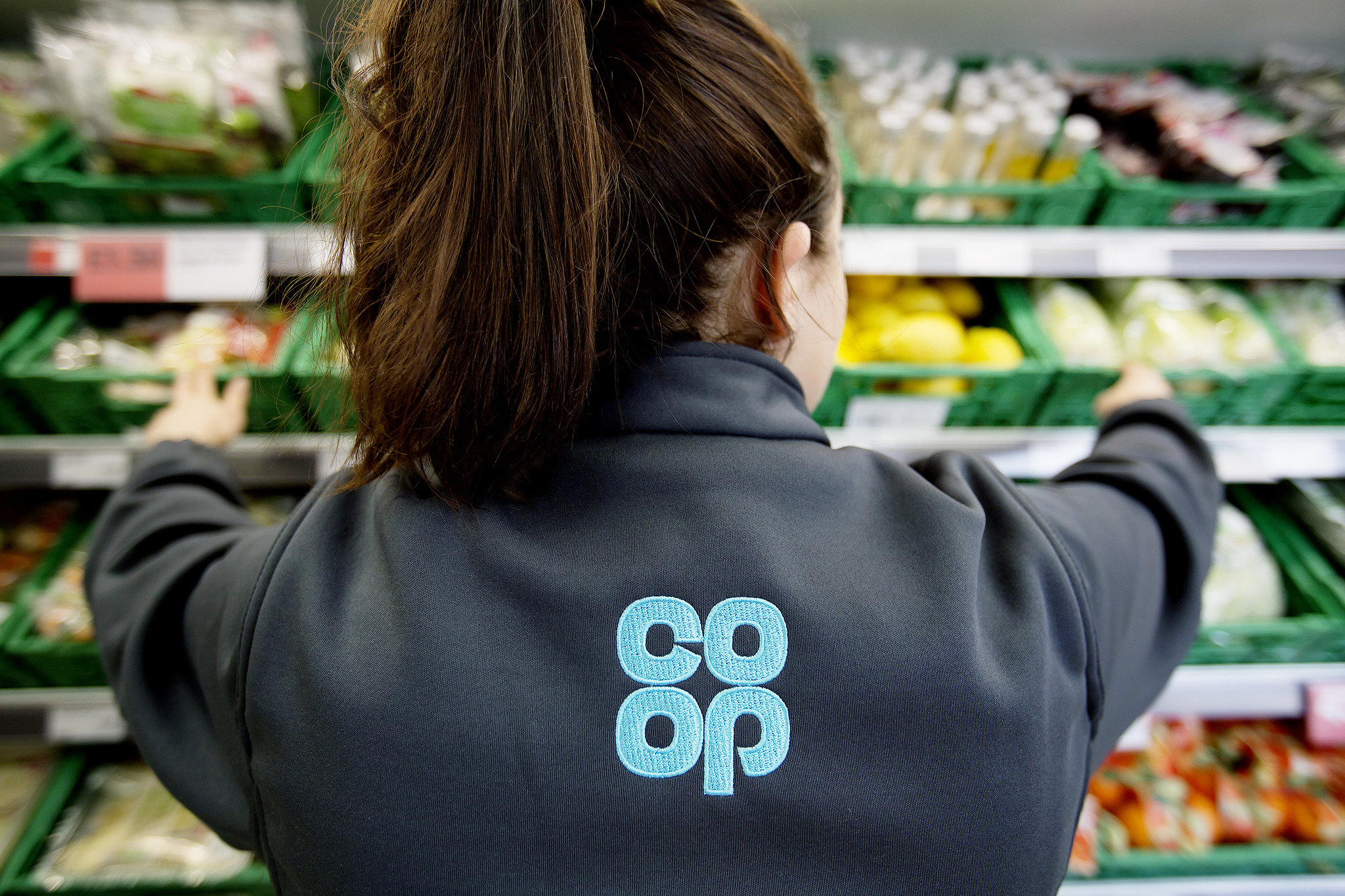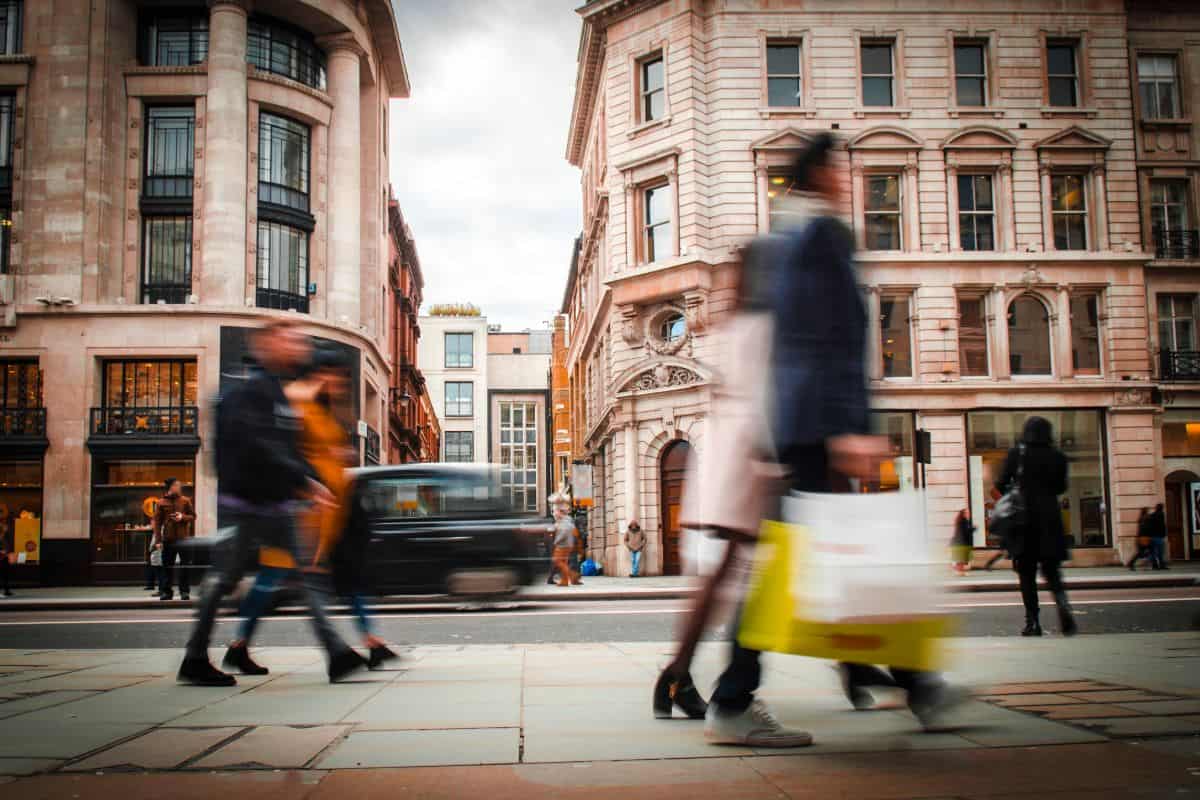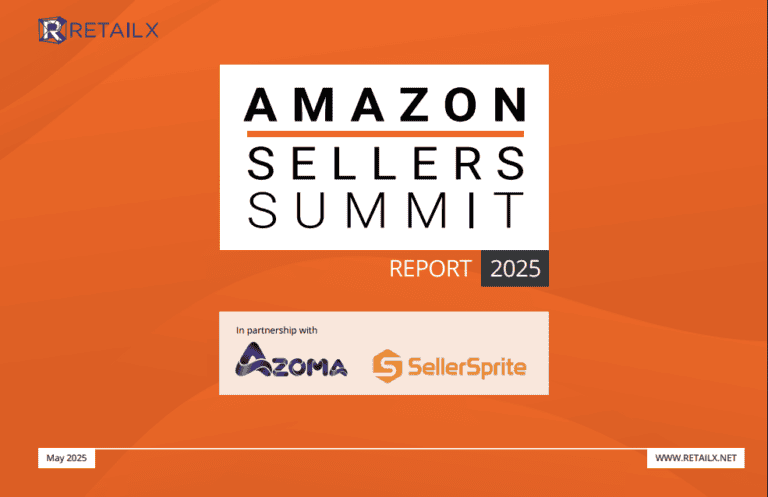Shoppers’ expectations are changing as retail shifts further online during the Covid-19 pandemic, research suggests. We round up the latest findings on how customers now want to buy – and what that means for retailers and brands.
Faster delivery times
The time it takes for an item to be delivered is the most frustrating part of ordering online, according to 39% of UK respondents to a survey carried out by Arlington Research for mobile and IoT solutions provider SOTI. It questioned 6,000 respondents in eight markets including the UK for the From Bricks to Clicks: State of Mobility in Retail 2021 report.
Almost a third (30%) of UK respondents said they buy from the brands that deliver to them the fastest, and 37% (38% globally) say they will look elsewhere if delivery is going to take longer than two days. Almost half (45% UK, 47% globally) say they would like to collect any item they buy online from a shop the same day.
Better returns
Almost two-thirds (64% UK, 63% globally) of those responding to the SOTI study say they would like automated returns processes in order to speed up the shopping experience, while 58% of UK respondents (59% globally) say they would buy more from a store if the returns experience was easy.
Safer data
Half (50%) of UK shoppers told the SOTI study that they had abandoned a purchase online because they did not trust the site with their payment details. The figure falls to 48% globally. Shoppers are more likely to trust large retailers (63% in the UK, 57% globally) to keep their personal and payment data secure while almost half (45% UK, 47% globally) say they are nervous abut whether smaller retailers can keep their data secure.
“To thrive in this rapidly shifting and evolving market, retailers – brick and mortar as well as online – have to move fast to make their operations Covid-19 proof and to invest in future technology,” says Sarah Edge, director of sales, UK and Ireland for SOTI. “They need to give consumers peace of mind that their data and money are safe, as well as offering a unique customer experience that takes in everything from finding the right product, through to payment and delivery, to renewal or returns.”
Demand shifts to local high streets
Shoppers bought from local high streets in 2020 in 2021 when they couldn’t get an online grocery delivery slot, according to a study from NearSt. It identifies four periods last year and early this when delivery slots ran short – and estimates that 6.3m people looked to their local high streets to buy instead, checking online for local product availability. Those delivery slot shortages came ahead of and during the first lockdown, between March 13 and 31, when local shops saw the number of people checking online product availability rise by 180% – with beer, wine, gin, flour and baking soda leading searches. Further delivery slot shortages came in June, when a problem in Tesco’s online delivery system was reported and local product searches rose by 34% between June 20 and 22. These were following during the second and third lockdowns in November 2021 and January 2021, when local product searches rose by 20% between November 3 and 10, and by 20% between January 4 and 7.
NearSt co-founder Nick Brackenbury says: “Securing a coveted delivery slot at times as the pandemic has unfolded has been as competitive as clinching that coveted Glastonbury ticket in a pre-Covid world. Millions of consumers have shifted their behaviour online in the past twelve months, driving a spike in ecommerce sales.
“But it’s easy to confuse behaviours moving online with actual purchases moving online. While online shopping has soared throughout 2020, many are overlooking the more dramatic growth in local search, which is really encouraging news for high streets. As we actively seek to reduce unnecessary outings and browsing time in shops to mitigate the risk of catching Covid, coupled with our insatiable appetite to ‘have things now’ mean the demand to find and confirm things are in shops locally has swelled significantly as a result.”
Customers want more from loyalty schemes
More than half (55%) of shoppers say customer loyalty schemes don’t give them the things they want, and 62% say retailers need to improve the way they reward shoppers, a new survey finds.
Indeed, almost half (48%) say they’d rather retailers focused on making the shopping experience better for them, according to the research, from Adyen. It questioned more than 2,000 UK shoppers in 2020 and found that customers want the experience to be seamlessly connected online and physical shops, with 60% more loyal to retailers that let them buy items that are out of stock in store and have them shipped to their home, and 53% more loyal when retailers enable them to buy online and return in store.
“The high street is under increasing competition from online retailers who put convenience and usability at the centre of their customer experience,” says Myles Dawson, UK managing director at Adyen. “To succeed now, businesses must harness the best of their physical and digital worlds to create amazing experiences. This will increase conversions and also raise the prospects of customer loyalty.”









